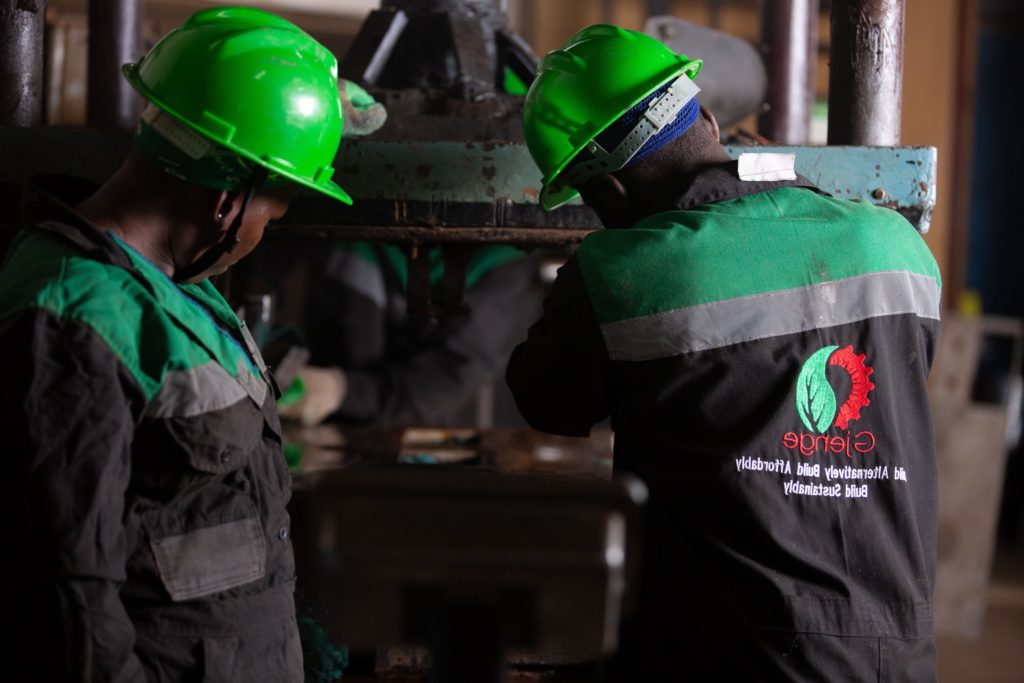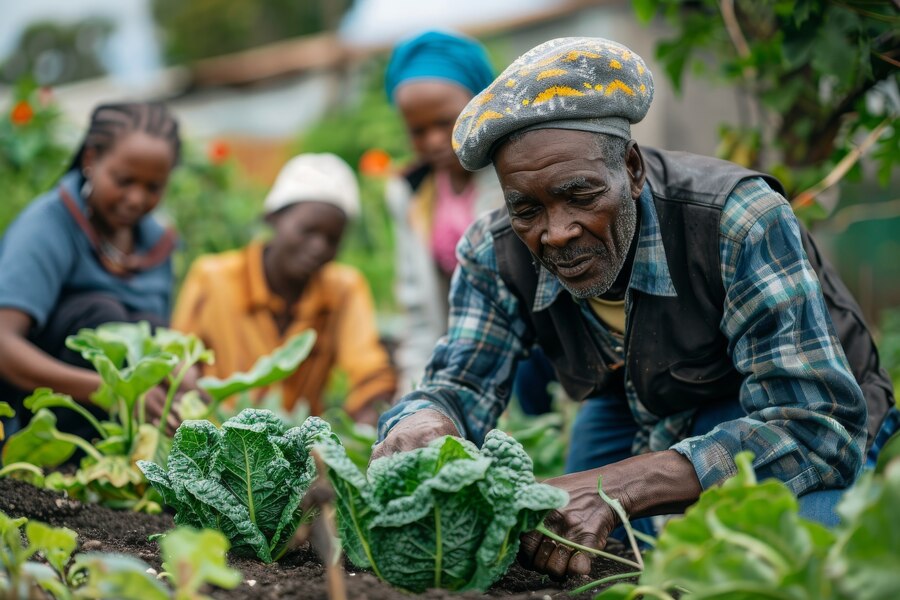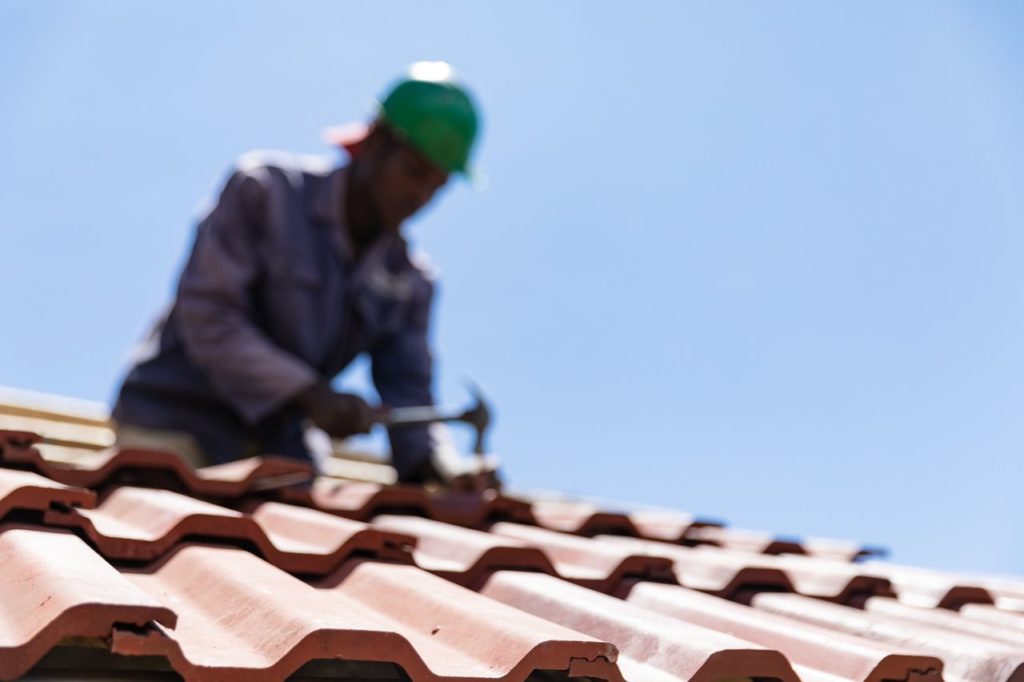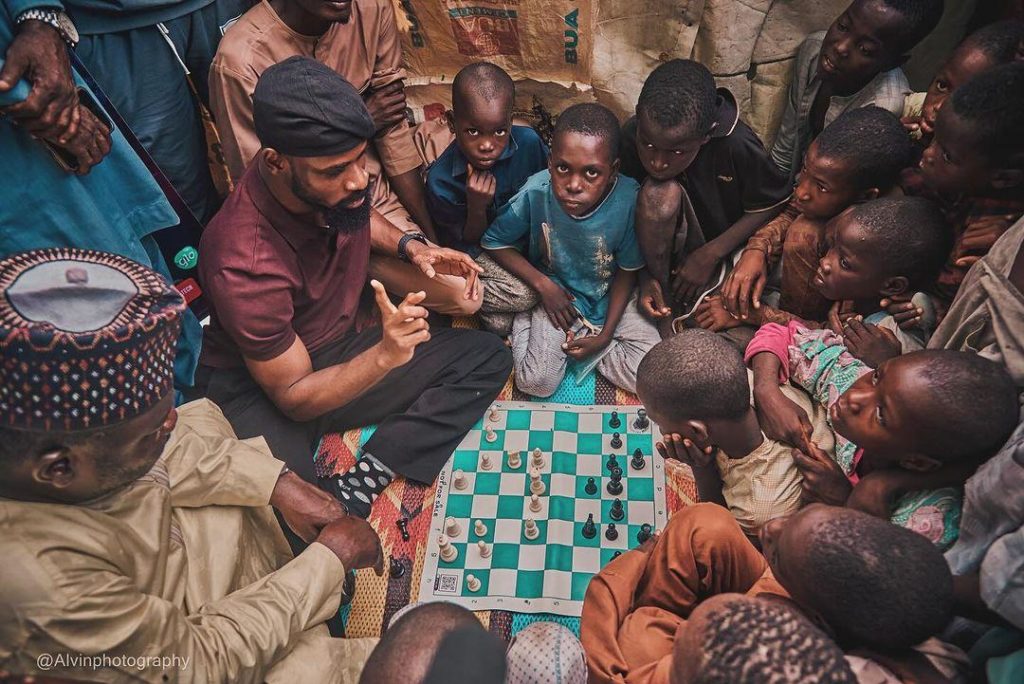Plastic is an essential material in every household. Water bottles, oil bottles, packaging, etc. Its accessibility and low price have encouraged its expansion.
Plastic is a common sight on every street corner.
In 2015, Yaya Koné was faced with a problem: what to do with his plastic bottle when he was in Plateau in Côte d'Ivoire and had trouble finding a rubbish bin? The problem did not get any better once he got home, because once he found the bin, he soon realised that there was no system for sorting waste at home.
He then decided to take care of it himself and set about sorting out all his rubbish before putting it in the skip stored outside for collection. Here again, he had to face the facts: no system in Côte d'Ivoire had provided for a sorting action. The waste is collected together, regardless of its nature.
So the problem was there. And an effective solution had to be found.
The moment of the click
The founders of Coliba, Yaya Koné and Genesis Ehimegbe, had an idea: to initiate change in Côte d'Ivoire by changing waste collection habits. The problem was there, but was it worth the effort?
Yaya Kone decided to test the idea and participated with three other young people from Ghana, Nigeria and Burkina Faso in a call for projects initiated by Ampion, a German organisation dedicated to supporting young Africans creating innovative start-ups that have a social and economic impact in their region.
Coliba was thus born and the project won the first prize.
This is the beginning of the adventure for Coliba. It will participate in several other calls for projects, notably the one organised by the African Development Bank, the FrenchTech in Abidjan, where it wins the first prize each time.
The project, led by Yaya Koné and Genesis Ehimegbe, will then take off for France where it met with great success at the presentation at Bercy at the Ministry of the Digital Economy.
Coliba: a solution for waste management
190,000 tonnes of plastic waste, including 90% of waste, are buried underground, burnt or in the streets and gutters. This is the alarming situation in Abidjan. And also in several other cities in Côte d'Ivoire.
Coliba's main strength is its ability to set up a smart collection solution for plastic waste and then a recycling system that benefits all stakeholders.
This is a real innovation in the field.
Jean, a young man from Côte d'Ivoire, cannot manage to completely eliminate the use of plastic bags. Everything is packed in them and even if he tries to be careful, he ends up with a certain amount of plastic waste at the end of the week. He knows that he cannot burn this waste by himself.
When one of his friends specifically recommended the Coliba mobile application to him, the idea was quickly adopted.
With Coliba all he had to do was simple. All he had to do was contact a member of the Coliba team and watch his waste go into a recycling cycle.
Thanks to Coliba, Jean no longer has to worry. He protects the environment and feels better about his surroundings. Like most users of the Ivorian start-up, Jean has adopted the best solution to manage his plastic waste efficiently.
Coliba: issues and challenges
Coliba, thanks to its plastic waste collection and recycling system, contributes to the maintenance of a healthy environment and participates in the sustainable development of the Ivory Coast in terms of ecology.
Moreover, Coliba has achieved the double mission of creating thousands of jobs, of which 70% of its employees are women. This is a proof of the inclusive values advocated by the startup.
Although still growing, Coliba already has over 500 pre-collectors who regularly collect waste.
Changing careers for a new path: A 360° turn for the founders of Coliba
Yaya Koné has a doctorate in English. In fact, his path was far from Coliba.
Genesis EHIMEGBE, the second co-founder of Coliba, holds a Master Grande Ecole degree in International Business Engineering from Télécom École de Management in Paris.
Together, they were able to tackle a recurring problem and come up with a concrete and effective solution: a new method of waste collection.
There are many waste collection organisations, but Coliba brings a valuable innovation.
First of all, Coliba is a web, mobile and SMS application already installed and used by more than 20,000 users.
In order to counter the reluctance of households to use the new technology, the rising startup has set up a simple winnings system: for each action carried out via Coliba, there is the possibility of winning Internet data or cosmetic products, restaurant vouchers, tickets for concerts or school kits. This offer has been made possible thanks to partners, in particular GSM operators.
This was an effective way of combining digital technology with plastic waste recycling.
Changing users' habits: an ambitious challenge
Very few people in Africa have acquired the habit of sorting their waste. This is a major problem facing Coliba. And the two co-founders seem to have found the ideal way to do this: education.
In a world where few people are unaware of what waste and especially plastic waste represents, it seemed more than important to educate about it. Educating about waste, but also about the recycling process and the benefits of it.
Educating users thus means gradually changing their habits in order to lead them towards a more eco-responsible and environmentally friendly approach.
To this end, Coliba organises various meetings in schools and other educational institutions, meetings with households, users and waste collectors.
Coliba is not only intended to cover a few countries in Africa, but rather the entire African continent and thus promote more efficient plastic waste management.




